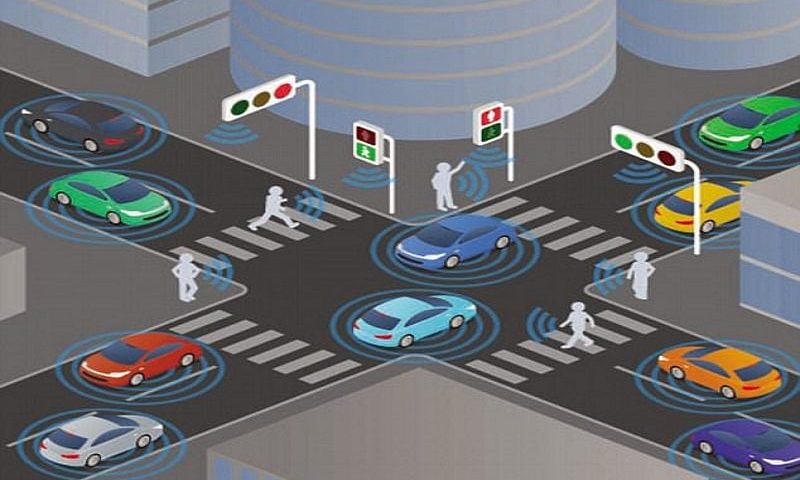‘Patients who can’t reach hospitals owing to curfew can’t even seek medical consultation over phone’
 Curfew coupled with communication blockade in Kashmir claimed the life of an 80-year-old kidney patient.
Curfew coupled with communication blockade in Kashmir claimed the life of an 80-year-old kidney patient.
Abdul Waheed was on dialysis from last two years. On 15th August, his condition deteriorated and all that could have saved him was an immediate dialysis. As it turned out, curfew and mobile service suspension ensured that he didn’t get it done in time.
“My father’s both kidneys were not functioning so the doctors had put him on a maintenance dialysis twice a week. But my father missed some doses for the government forces did not allow us to go to the hospital during curfew,” said Waheed’s son, Farooq.
“Since the troopers did not even consider the medical emergency, my father was facing lot of compilations. The water accumulated in his chest which made it difficult for him to breathe. His feet had swollen which made it impossible for him to walk. He could not even urinate,” he added.
On 15th August when authorities had imposed strict curfew and also snapped mobile connectivity, Waheed’s condition deteriorated. “He was not able to talk. I don’t have a BSNL postpaid connection so I was not able to make calls to the hospital either,” said Farooq.
“My father used to undergo dialysis at Florence hospital, Chanapora. And from downtown it’s difficult to reach Chanapora in the present situation. But I used to manage by leaving at 2 in the night sometimes. But on 15th August we were not allowed to move even an inch,” he added.
“And due to the suspension of mobile network I was not able to call the doctors and seek consultation over phone so my father could get some relief,” said Farooq.
Farooq mustered the courage and left home to take his father to the dialysis centre. “I slithered through lanes and by-lanes and managed to reach the hospital. But at the hospital the technician who runs the dialysis unit were not available.”
“And the hospital staff was not available to locate the technician for he had an Aircel connection which was not working,” said Majeed, Waheed’s older brother who was accompanying them.
“The hospital authorities were trying to call the friends of the technicians. But it was all in vain for no one’s phone was working,” he said.
After waiting for couple of hours, they left for home. “My father was struggling to breathe. It was painful to even look at him and while we were heading home, he died,” said Farooq.
Many more such cases may have gone unreported for the sheer disregard shown by the authorities towards the problems faced by people, especially chronic patients, is bound to prove fatal.
Amid the unprecedented restrictions, patients who can’t go to hospitals call the concerned doctors and get consultation over phone.
“And if the doctor senses that the patient needs to come to hospital, he takes the decision accordingly. But with the suspension of mobile network, patients are not able to call doctors and this is worsening their medical complications,” said a doctor, wishing anonymity.
Sharing an anecdote, the doctor said: “ Couple of days ago I saw a woman pleading with the officials at the BSNL office to restore her internet broadband connection as she has to send medical certificate of her cancer patient daughter to doctors in America. So patients are suffering a lot because of the communication blockade.”



